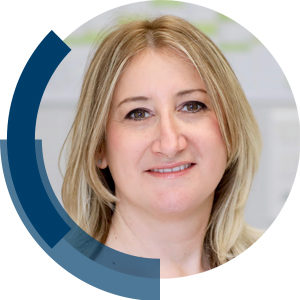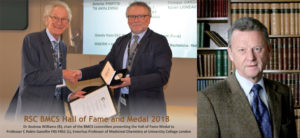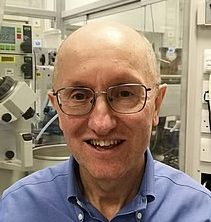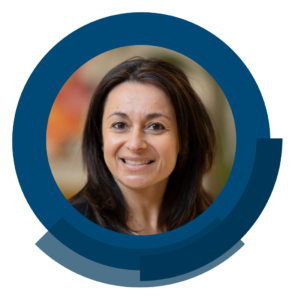We were delighted to welcome to the team Professor Younghui Zhang as an Associate Editor for RSC Medicinal Chemistry earlier this year, and we wanted to find out more about him and his research experiences. Read our interview with Yonghui below.
What attracted you to pursue a career in medicinal chemistry and how did you get to where you are now?
A career in medicinal chemistry integrates my training background in both chemical biology (postdoctoral position) and organic chemistry (Ph. D). I therefore chose to join the School of Pharmaceutical Sciences at Tsinghua University in 2013 as a Professor.
Why did you choose to specialize in your specific research field?
Over the past 10 years, I have come to realize the indispensable role of lipid metabolism in immune regulation. However, the underlying mechanism is obscure and there are few translational efforts. This led to my group starting to identify drug targets in lipid biosynthesis that could help to develop new immunotherapies, as well as other medicinal chemistry efforts in this area.
What do you see as the biggest challenges facing researchers who work in your field?
A lack of feasible drug targets.
What is the most exciting research paper that you have read recently?
A paper from 11 years ago. It brought up hope to fight KRAS. (K-Ras(G12C)inhibitors allosterically control GTP affinity and effector interactions. Nature, 2013, 503, 548–551.)
Which of your publications are you most proud of? Which is your favourite piece of your own research?
A paper in Cell, 2018, and a paper in Immunity, 2019. These are my favourite pieces of research that demonstrate the roles of isoprenoids in immune regulation.
What is your biggest passion outside of science?
Reading and food.
What career would you have chosen if you had not taken this career path?
A writer. I would like to interpret lives in my own way.
What do you see as the most important scientific achievement of the last decade?
Immunotherapies. Now people can finally realize the power of the immune system and how it can be exploited to fight diseases.
Why should young people study chemistry, and what advice would you give anyone thinking of pursuing chemistry?
Young people should study chemistry because it is so important, and it dominates our lives. Also, one must persist to understand the beauty of chemistry.
What are you most looking forward to in your new Associate Editor role?
Bringing more innovative research to publication.

About Yonghui:
Yonghui Zhang received his Ph.D in Chemistry in 2002 from Shanghai Institute of Organic Chemistry, Chinese Academy of Sciences and pursued his postdoctoral training at the University of Illinois at Urbana-Champaign in the United States. Dr. Zhang is now a Professor at the School of Pharmaceutical Sciences of Tsinghua University, a leader of higher education and academic research in China. Dr. Zhang has published over 60 papers in the field of medicinal chemistry, organic chemistry, chemical biology and immunology.
He has pioneered in discovering and characterizing the relationship between lipid metabolism and immune regulation. By using a multidisciplinary approach involving structural biology, molecular immunology, cell and mice models, and medicinal chemistry, he demonstrated that the mevalonate pathway is a druggable target for vaccine adjuvants and developed lipophilic bisphosphonates and statins as Th-1 vaccine adjuvants. Currently, his lab is developing and applying innovative chemical approaches to a variety of immuno-modulatory process, with a focus on vaccination, allogeneic immune cell therapy and new anti-infection strategy. Dr. Zhang has published over 60 papers in the field of medicinal chemistry, organic chemistry, chemical biology and immunology.
In addition to his academic work, through Unicet, a biotech start-up he co-founded, he is also moving forward in the newly emerging space of gamma delta T cell based therapeutics to translate his research work into innovative medicine and building proprietary biotech platforms centered around gamma delta T cells as the cell therapeutic vehicle and butyrophilin-targeting therapeutics.
Submit your research to Yonghui now!
Comments Off on An interview with Associate Editor Professor Yonghui Zhang























 The Lectureship was open to any candidate who received their PhD in 2010 or later and has made a significant contribution to medicinal chemistry in their early career. The RSC Medicinal Chemistry Editorial Board selected Dr. Ghosh, from Max Planck Institute of Colloids and Interfaces, Germany, from a short-list of nominees.
The Lectureship was open to any candidate who received their PhD in 2010 or later and has made a significant contribution to medicinal chemistry in their early career. The RSC Medicinal Chemistry Editorial Board selected Dr. Ghosh, from Max Planck Institute of Colloids and Interfaces, Germany, from a short-list of nominees.